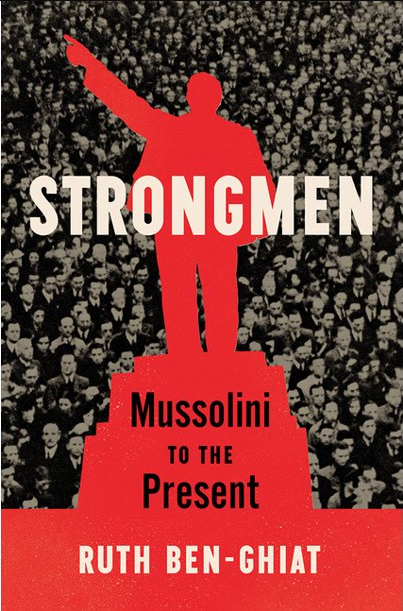Ted Gioia wonders if Metaverse is doing badly enough to seriously harm Facebook itself:
When Facebook changed it’s name to Meta back in 2021, I made a gloomy prediction:
“Meta is for losers,” I announced. “Mark Zuckerberg is betting his company on a new idea — but this is a wager he will almost certainly regret.”
I revisited the situation in December, and pointed out all the ways Meta wasn’t just dying in the metaverse. It was also ruining its base business, the Facebook platform.
The company kept making the same mistake as so many other aging websites — instead of serving users they want to control them. The end result is a seeming paradox: the more money the company spends, the worse the user experience becomes.
In the article, I gave a dozen examples — and after it was published many readers shared their own horror stories.
Here’s just one anecdote, out of many:
Try to sign up for Facebook Dating and then try to leave. They won’t let you. A friend of mine recently used it, and now is unable to remove herself totally from the feature. She was allowed to remove all of her pictures, however, she was not permitted to remove her dating profile and picture, which really distressed her. She didn’t want any record of it.
What a great concept. You can meet somebody special, fall in love, get married, and raise a family — but years later you’re still on the Facebook dating app.
It seems ridiculous. But Meta really, really doesn’t like you to opt out of features. Their dream is to operate a virtual Hotel California, where — as the lyrics warn, “you can check out any time you want, but you can never leave”.
Hey, maybe that’s why Mark Zuckerberg won’t let you have legs in his metaverse.
Why isn’t this bold new strategy working? It certainly isn’t for lack of investment. Meta is reportedly spending one billion dollars per month on the project.
But sometimes you can fail even with the right concept — simply because the technology just isn’t ready for the mass market.
[…]
A year-and-a-half after his corporate makeover, the situation at Meta is more dire than ever. Back in October 2021, Facebook shares were trading above $340, but now they are below $200 — that’s a loss of around $300 billion in market value.
But here again, the real problem is the user experience.
“On my initial visits, the metaverse seems sort of desolate, like an abandoned mall,” writes Paul Murray in New York magazine.
[…]
Mark Zuckerberg seems hellbent on pursuing an even more embarrassing fate. His bet on the metaverse may turn into the biggest cash sinkhole in the history of capitalism. Already the Edsel and New Coke look like tiny peccadilloes by comparison.
Even if he keeps his job, he may want to go hide. Fortunately, he has a huge metaverse at his disposal where that has become surprising easy to do.







